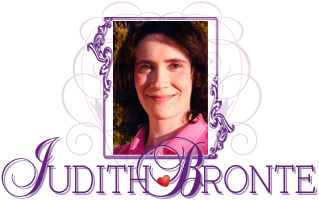Helpful Resources for Writers
ere's
just a few of the many places you can go on the Internet to help better your writing
skills, find the research tools you need for your WIP (work in progress), and get your work in front of a reading audience. This
is in no way a comprehensive list, but these are sites I've found helpful
for my own writing projects.
American Christian Fiction
Writers (ACFW)
If you're serious about writing, I highly recommend ACFW. (You don't have to live in the USA to join.) You'll be able to talk to published authors, and learn from others who share your passion for Christian fiction.
Advanced Fiction Writing E-zine
A free monthly e-zine by Randy Ingermanson with loads of practical advice for writers.
What does this website have to do with writing, you ask? Imagine you're writing a scene, and you begin to wonder if it's dark outside. What time did the sun go down for that geographic location, for that specific time of year? The Rise and Set page is a great tool for just that purpose. I use it all the time.
Your library away from the library. No matter the subject of your WIP, you might want to give Project Gutenberg a search. You never know what gems you might find. For example, I'm researching American history right now, and discovered an old book (etext) written from a first person perspective on the very historical event I wanted to learn more about. And all on the Internet.
If Project Gutenberg doesn't have it, then maybe Archive.org does. They have scanned images of entire books, and offer many in easy to download PDF's.
Looking to self-publish? Lulu's print on demand (POD) service makes it possible for anyone to create the layout of their book, publish with the click of a mouse, distribute, sell and print books to order.
For me, Google is the ultimate research tool. Any subject, any time. A word of caution, however-- be careful your sources have gotten their facts straight. Double-check information on credible websites, run by people who have credentials in that field. As Roger Ebert, the Pulitzer Prize-winning film critic so aptly put it, "Doing research on the Web is like using a library assembled piecemeal by pack rats and vandalized nightly." So make sure of your sources, and don't believe it just because it's on the Internet.
This is a great way to find books for the topics you're researching. I especially love their out of copyright selections from the 1800s. In my opinion, Google Books has done the best job of scanning old books and making them accessible to the general public. Highly recommend for historical research.
Note: I can't endorse everything found on these websites, nor can I guarantee the accuracy of their information. As with the rest of the Internet, use discretion and check your sources.
